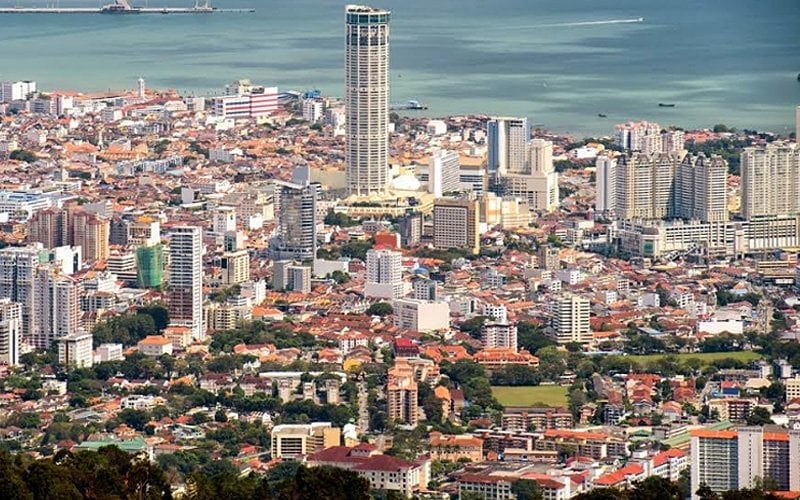
PETALING JAYA: Hotel groups have welcomed Penang’s move to restrict short-term rental accommodation (STR) stays on the island.
Malaysia Budget and Business Hotel Association (MyBha) president Ganesh Michiel said the move is “brave” and a good start towards improving the tourism industry.
He said the hospitality and tourism industry has been hit by private STRs for the past few years.
“We fully support the Penang government on this move, and (congratulate them) for their bravery in doing this even before the federal government,” Ganesh said.
He said this would lead to lower long-term rent in Penang as more residential properties are freed up for people wanting to live on the island.
According to him, potential residents seeking rental properties have been priced out of the market as property owners turned their units over to STRs for tourists or “digital nomads”.
On Thursday, Penang Island City Council (MBPP) announced that it was banning all forms of STR, including those found on Airbnb and Booking.com, at residential units on the island with immediate effect.
G Hotel general manager Michael Hanratty said the next big step for the state government is to level the playing field in terms of taxes.
He said that currently, all hotels are required to collect a RM3 local government tax, plus another RM10 tourism tax from foreigners, but STRs remain exempt from such levies.
“These taxes must be levied on STR stays, too. That way, we level the playing field,” the hotelier, whose property is on Gurney Drive, said.
Hanratty said the impact of the new regulations would be felt during festive seasons, as more people will consider staying in hotels.
“For instance, the Chinese New Year holidays were big for us at one point. When the likes of Airbnb came around, there was a sharp drop. It will no longer be the case now,” he said.
Malaysian Association of Hotels (MAH) president Christina Toh said the group welcomed the announcement but was concerned about enforcement.
She said that because platforms like Airbnb and Booking.com are international companies, it is uncertain how the regulations would be reflected on their platforms.
She said there is a need for further discussions and clarity on the matter, particularly if there would be an audit on hosts.
“The general reaction for us as hoteliers is ‘well, this is great’, but the question mark always falls back to enforcement,” she said.
Penang MAH chairman Tony Goh said hoteliers welcome the move but there must be some fine-tuning later on.
“We are glad the state government has finally managed to come up with guidelines to regulate Airbnb. Hopefully, it is well enforced.
“It is important to safeguard standard and quality to ensure guests are happy with what they are getting,” he said. - FMT



No comments:
Post a Comment
Note: Only a member of this blog may post a comment.